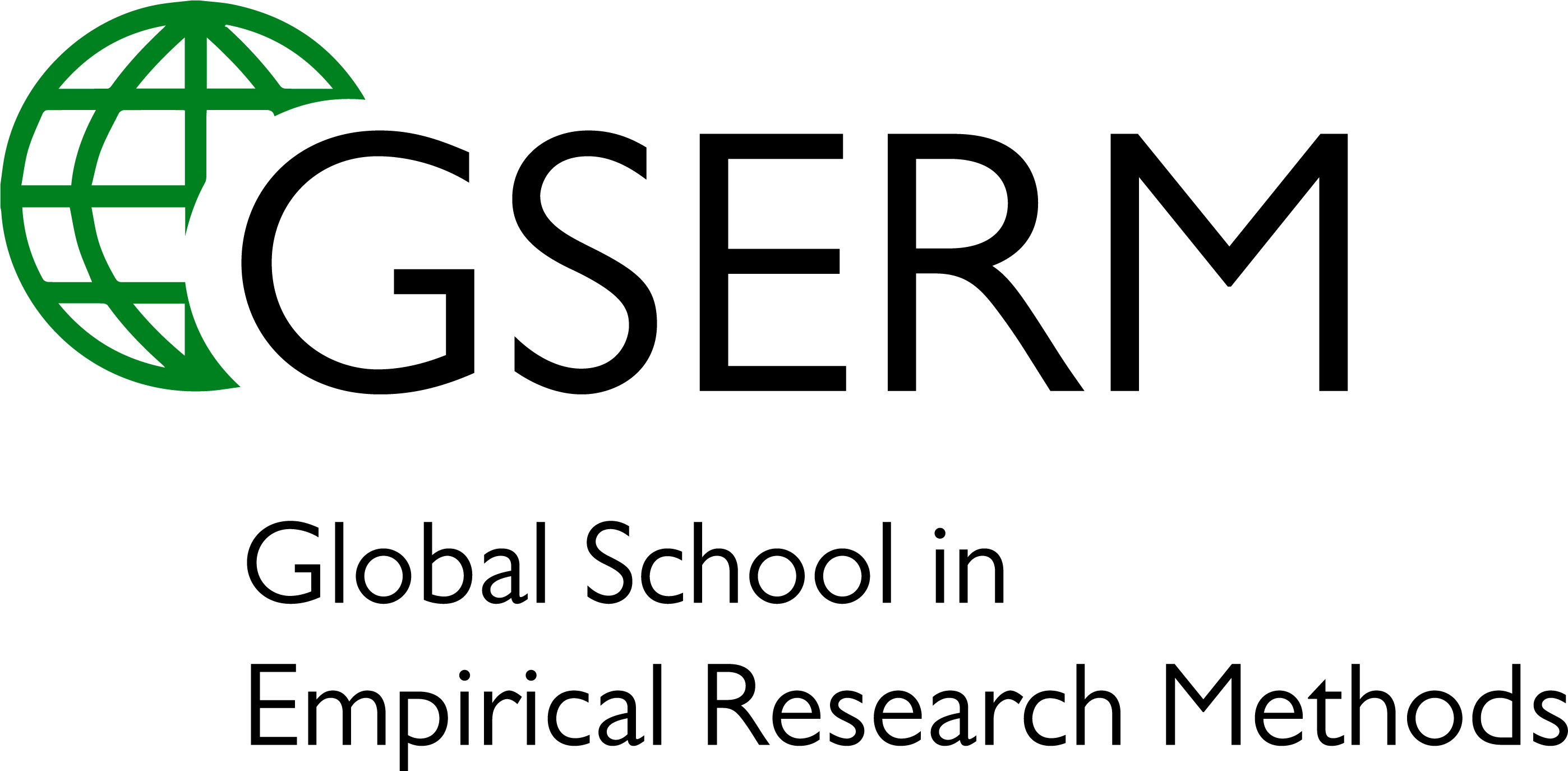The course addresses central aspects of good research practice and invites you to think about your own methods and academic habits. We discuss what qualifies as “good”
research practice, mirroring current debates in various disciplines. The course is intended to shed light on these multi-faceted and stimulating debates and to
familiarize participants with questions such as: Why is transparency and openness needed in research? What does “open” mean for different perspectives on knowledge
generation (i.e., different disciplines, methods, etc.)? Why do we publish knowledge and findings at all, and how can such publications be made more accessible? Which
other aspects of the research and teaching process can be designed “better” in accordance with the principles of good research practice? What are limits of
openness in research?
With these questions comes the need for using certain tools to achieve transparency and openness. Collaborative work on Github for writing code and producing reproducible projects in RStudio will be introduce. We will also explore the ideas connected to pre-registration of your hypothesis and analysis plan on the open
science framework (osf.io).


